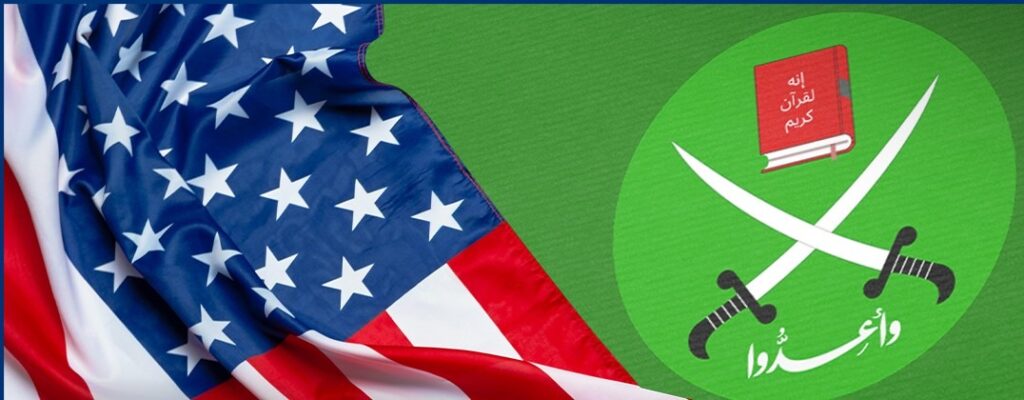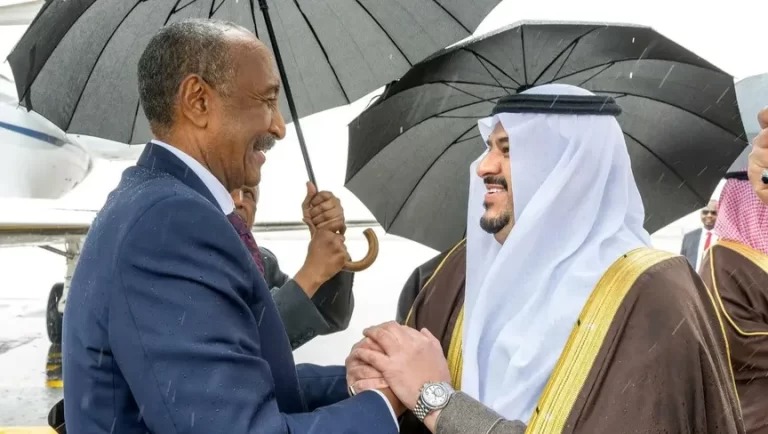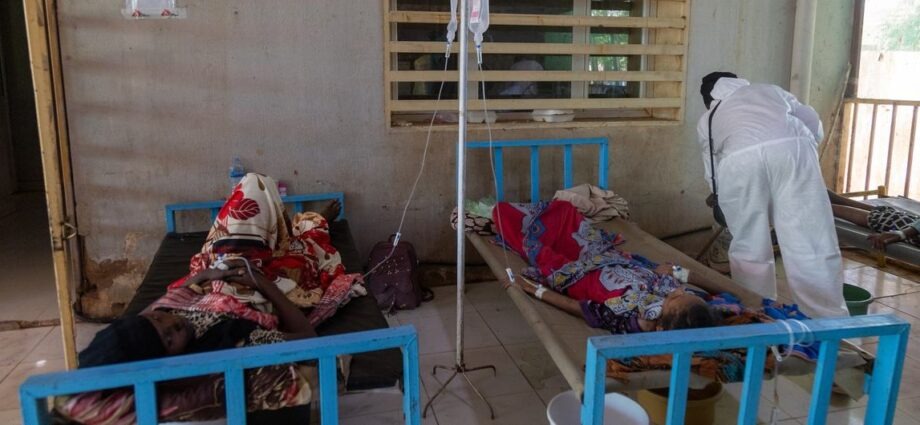
In a dramatic turn of events that suggests deepening divisions within General al-Burhan’s (SAF), well-known Islamist preacher Abdel Hay Youssef launched a scathing attack on SAF chief Abdel Fattah al-Burhan, labeling him an “irreligious traitor” and holding him accountable for the ongoing war that has ravaged the country since April 2023.
This latest attack by Youssef comes a week after he lambasted al-Burhan at a forum in Turkey’s Istanbul, where he blamed the SAF chief for betrayal and claimed jihadists, not the SAF, deserve credit for recent battlefield victories.
Youssef’s remarks have sparked widespread debate and raised questions about the true power dynamics within the Sudanese military.
Youssef, a prominent figure in Sudan’s Islamic Movement, challenged Al-Burhan’s repeated denials of Islamist influence within his ranks. In a widely circulated video, Youssef asserted that the “Popular Resistance” forces supporting the SAF in its battle against the Rapid Support Forces (RSF) consist of tens of thousands of militants trained by Islamist factions in recent years.
These forces, he claimed, owe their recent successes not to the regular army, but to the jihadist militias embedded within it, particularly those that have their roots in the Islamist movements that gained prominence in Sudan in the 1990s.
This revelation points to a growing concern among military analysts that the Islamist factions within SAF have become
increasingly dominant, potentially overshadowing Al-Burhan’s own faction of the army.
Some observers argue that Youssef’s statements indicate the Islamists are now controlling key military operations, positioning themselves as the true power behind Sudan’s ongoing military efforts.
This could mark the beginning of a significant shift in the balance of power within SAF.
In his critique, Youssef claimed that Al-Burhan’s leadership had failed to earn trust, not only among local allies but also from foreign entities like Turkey, which he suggested had distanced themselves from SAF commander.
According to Youssef, Al-Burhan’s failure to honor contracts and his inability to effectively manage the situation made him an unreliable figure in the eyes of the Islamist factions.
Youssef’s comments also underscored a mounting rift between Al-Burhan and the Islamist factions, particularly the Muslim Brotherhood.
Perhaps most striking was Youssef’s insinuation that the presence of Islamists within Al-Burhan’s inner circle runs so deep that they are even embedded within his office.
This statement, though vague, suggests that the Islamist Movement and its allies, including the Muslim Brotherhood, have achieved a level of infiltration that has allowed them to influence and potentially control key decisions within the SAF.
Despite Al-Burhan’s efforts to distance himself from these forces, their presence within the military structure appears undeniable.
This growing tension between Al-Burhan and the Islamists points to a possible fracture within the SAF, which has already been embroiled in a brutal conflict with the RSF.
The war has led to tens of thousands of deaths and displaced more than 11 million people, with the UN estimating that 26 million Sudanese are suffering from severe food shortages.
As the conflict drags on, it remains to be seen whether the internal divisions within the SAF will lead to a larger-scale breakdown of authority, with the Islamists potentially seizing control of key military and political institutions.
What is clear, however, is that Al-Burhan’s grip on power is increasingly tenuous, and the Islamist forces that once supported him may soon become his most formidable adversaries.




